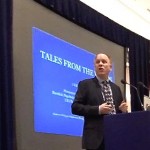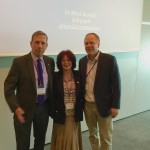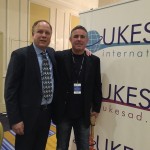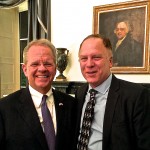US Wilderness treatment is arguably an emerging therapeutic approach designed to help young people overcome challenges of relational, parenting, emotional behavior, and substance disorders with limited positive research implications.
Wilderness does leave a successful print in young people’s lives. Never have I had a young person not thank me for the experience of helping to change their life.
The US alone serves as the international center for wilderness treatment located in such States as Utah and Oregon, North Carolina. At RedCliff Ascent in Utah, a case study was conducted by myself, a US & UK Chartered Psychologist, and Steven DeMille, a doctoral candidate focused on a British youth struggling with emotional and identify formation who was sent by his parents to participate in wilderness therapy for a number of weeks.
The conclusion? The UK youth and family emerged with improved overall functioning (e.g, new hope, tools, and strategies) promoting a successful future with continuing family work with UK therapist. The full article appears in NATSAP’s 2015 Spring journal, entitled, “A Theoretically Anchored and Multi-Modal Treatment Approach in an Outdoor Behavioral Healthcare Program.” http://tinyurl.com/njeolbe.






 In 1969, Dr. Haim Ginott came up with the concept of the helicopter parent who ‘hovers’ over their child in moving through their academic life. Today, it’s mushroomed into the crazy notion of parents who monitor their offspring in every imaginable faction of life: Friends, family, school and university life, occupational choice, no place is too far off distance. The helicopter parent manages the life of their children in many positive ways. However well managed, there is a down side. What gets lost is the chance for a young person to falter, to even fail, and learning from her or his own mistakes.
In 1969, Dr. Haim Ginott came up with the concept of the helicopter parent who ‘hovers’ over their child in moving through their academic life. Today, it’s mushroomed into the crazy notion of parents who monitor their offspring in every imaginable faction of life: Friends, family, school and university life, occupational choice, no place is too far off distance. The helicopter parent manages the life of their children in many positive ways. However well managed, there is a down side. What gets lost is the chance for a young person to falter, to even fail, and learning from her or his own mistakes. 
